
Cotil 250mg Tablet
Manufacturer
Future Pharma Pvt Ltd
Salt Composition
Cefuroxime (250mg)
Key Information
Short Description
Cotil 250mg Tablet is an antibiotic medicine used to treat bacterial infections in your body.
Dosage Form
Tablet
Introduction
Cotil 250mg Tablet should be taken with food to avoid an upset stomach. You should take it regularly at evenly spaced intervals as per the schedule prescribed by your doctor. Taking it at the same time every day will help you to remember to take it. The dose will depend on what you are being treated for but you should always complete a full course of this antibiotic as prescribed by your doctor. Do not stop taking it until you have finished even when you feel better. If you stop taking it early some bacteria may survive and the infection may come back. It will not work for viral infections such as flu or the common cold. Using any antibiotic when you do not need it can make it less effective for future infections.
Directions for Use
Take this medicine in the dose and duration as advised by your doctor. Swallow it as a whole. Do not chew, crush or break it. Cotil 250mg Tablet is to be taken with food.
Safety Information
Side Effects
Rash Vomiting Increased liver enzymes Nausea Diarrhea
Alcohol Warning
Consuming alcohol with Cotil 250mg Tablet does not cause any harmful side effects.
Breastfeeding Warning
Cotil 250mg Tablet is safe to use during breastfeeding. Human studies suggest that the drug does not pass into the breastmilk in a significant amount and is not harmful to the baby. Avoid prolonged use of Cotil 250mg Tablet, since it may have possible effects such as rash and diarrhea.
Pregnancy Warning
Cotil 250mg Tablet is generally considered safe to use during pregnancy. Animal studies have shown low or no adverse effects to the developing baby; however, there are limited human studies.
How it works
Cotil 250mg Tablet is an antibiotic. It kills bacteria by preventing them from forming the bacterial protective covering (cell wall) which is needed for them to survive.
Quick Tips
Your doctor has prescribed Cotil 250mg Tablet to cure your infection and improve your symptoms. Do not skip any doses and finish the full course of treatment even if you feel better. Stopping it early may make the infection come back and harder to treat. Take it with food to avoid an upset stomach. Diarrhea may occur as a side effect but should stop when your course is complete. Inform your doctor if it does not stop or if you find blood in your stools. Discontinue Cotil 250mg Tablet and inform your doctor immediately if you get a rash, itchy skin, swelling of face and mouth, or have difficulty in breathing.
Related Medicines
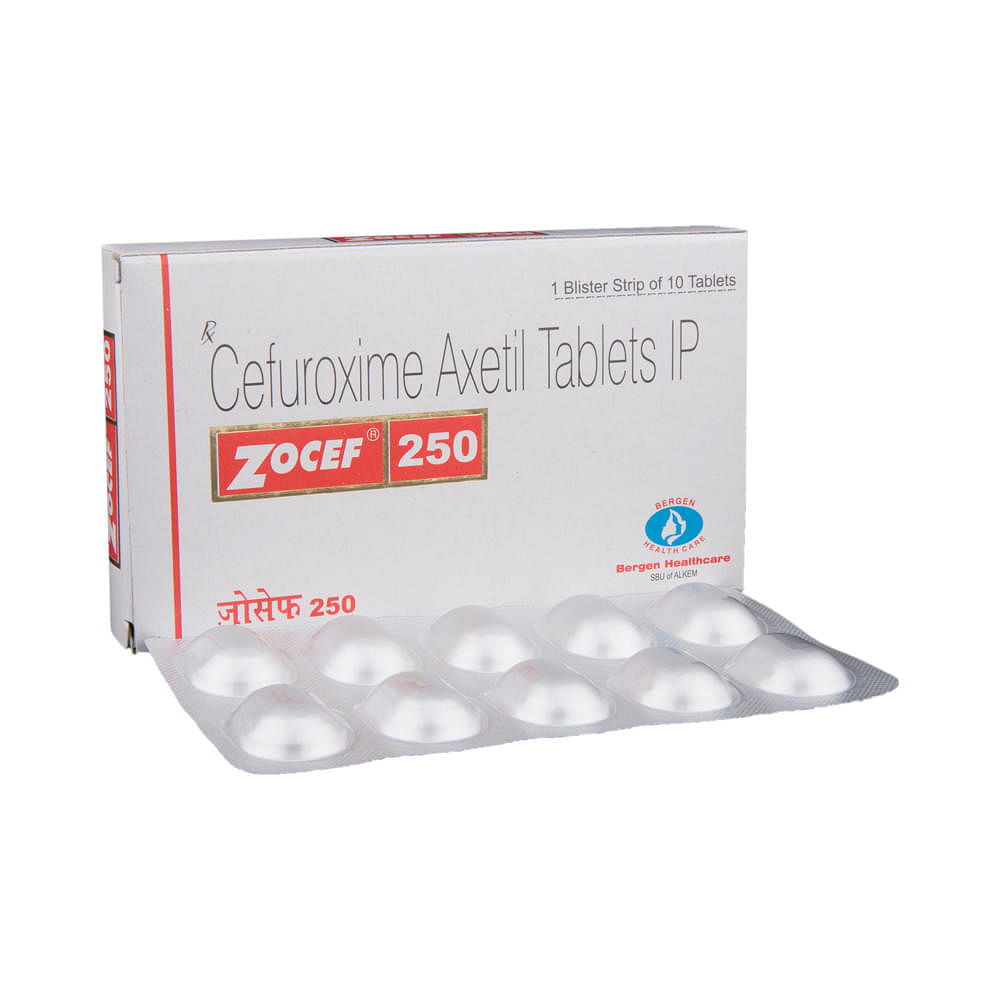
Zocef 250 Tablet
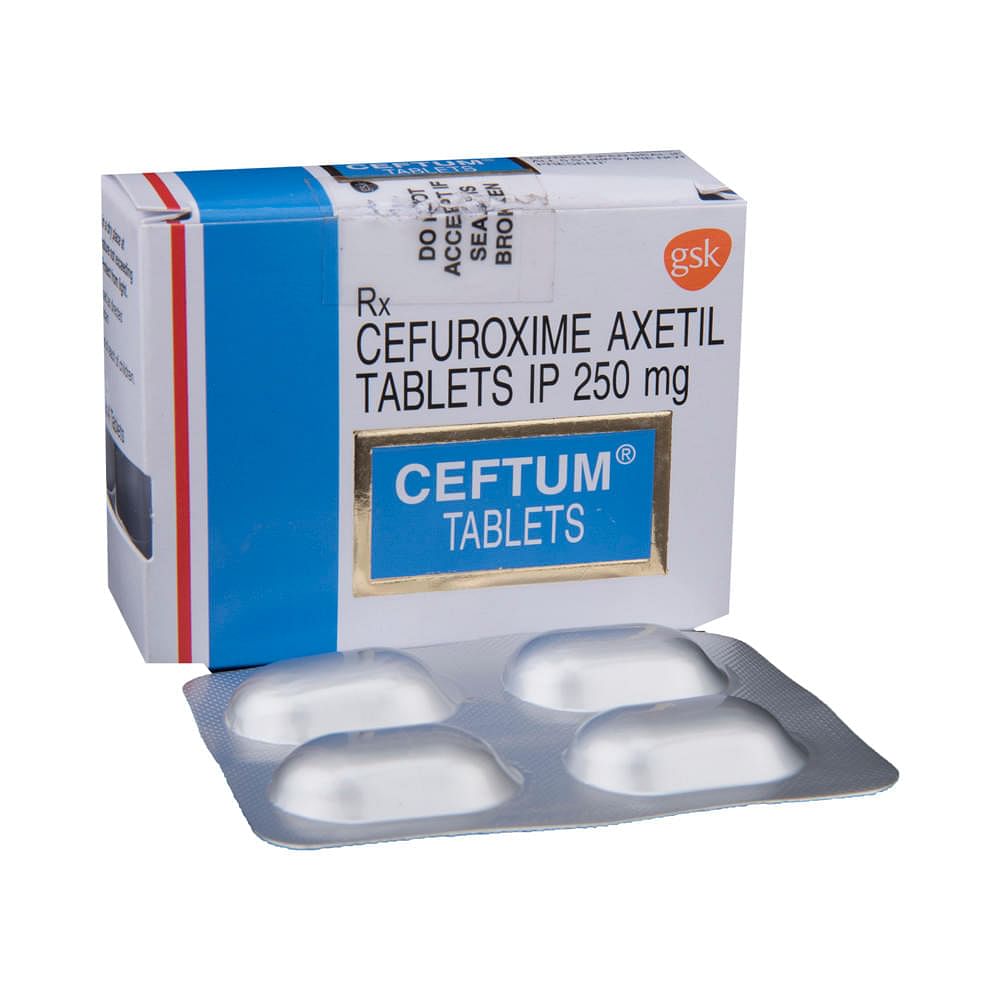
Ceftum 250mg Tablet
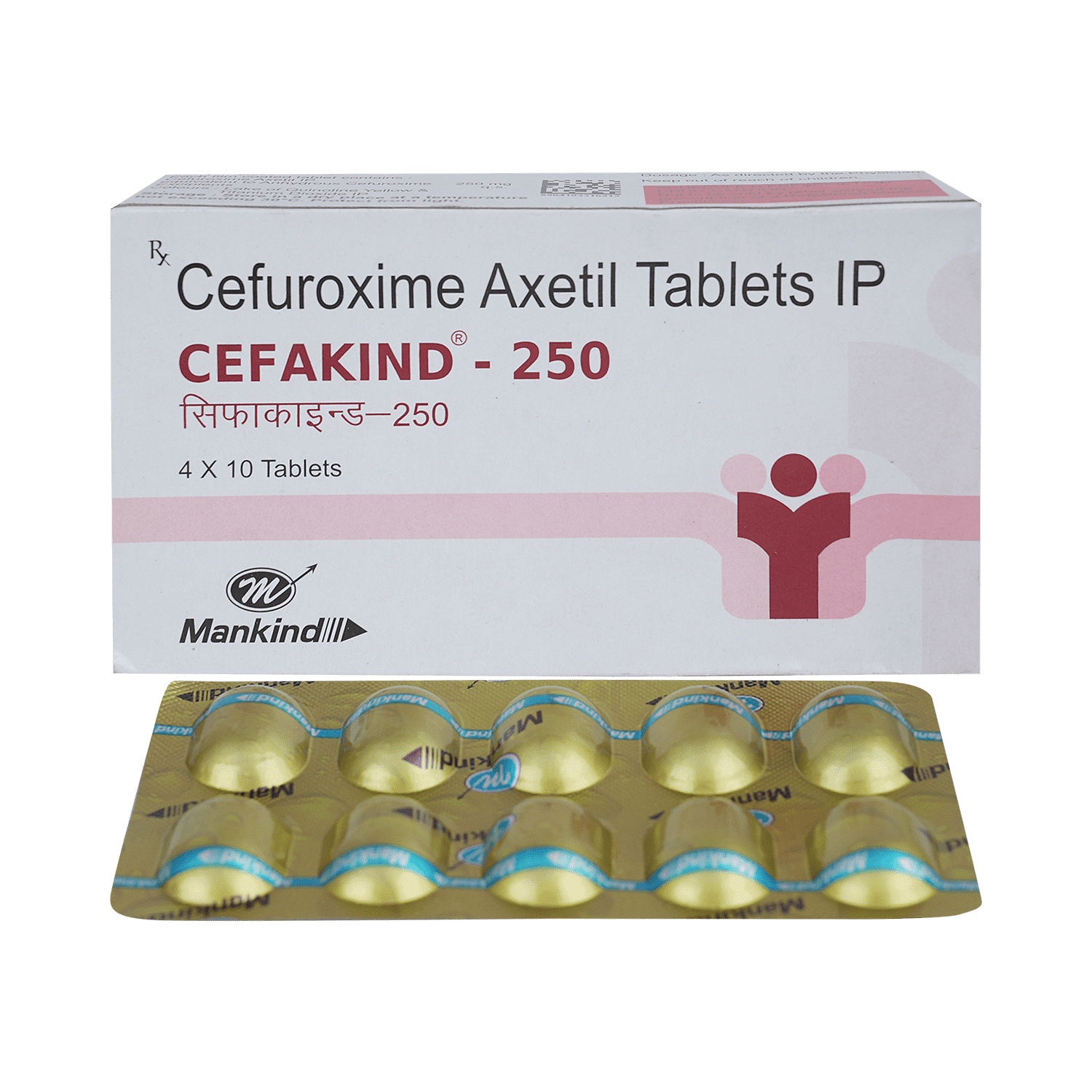
Cefakind-250 Tablet
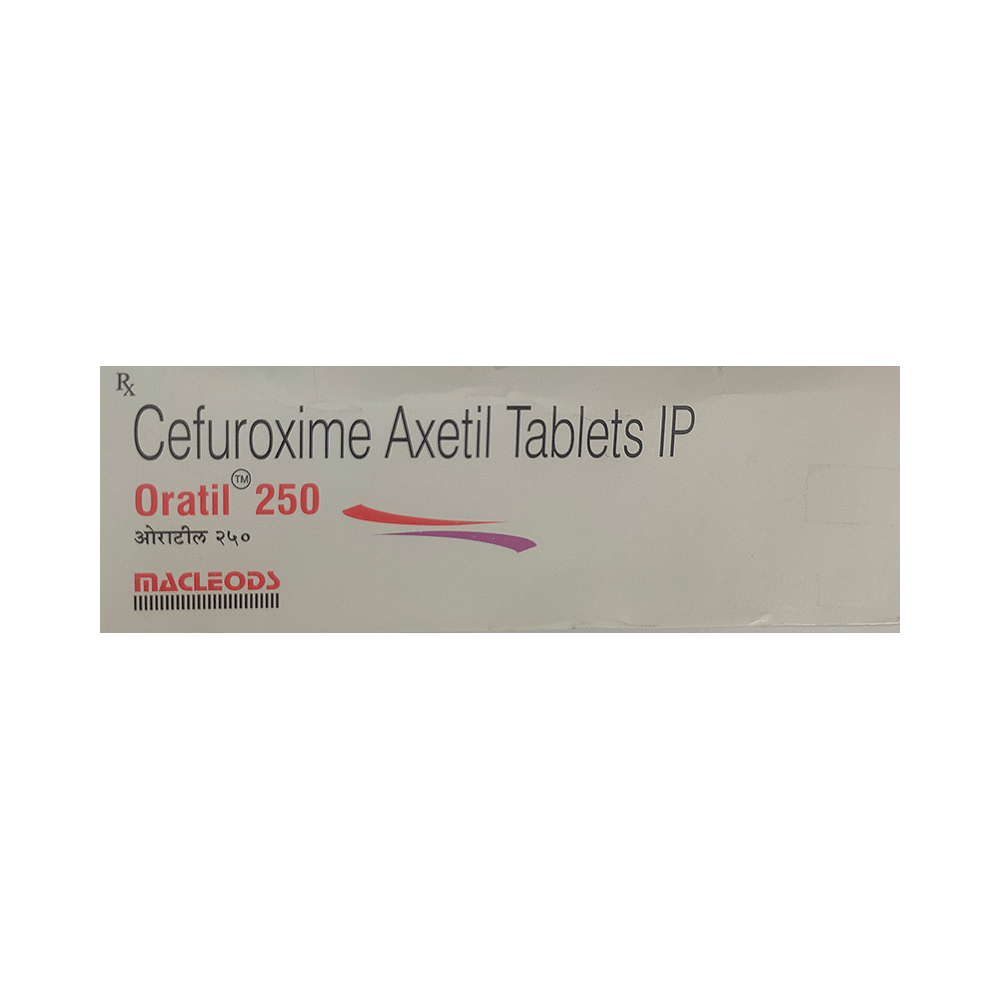
Oratil 250mg Tablet
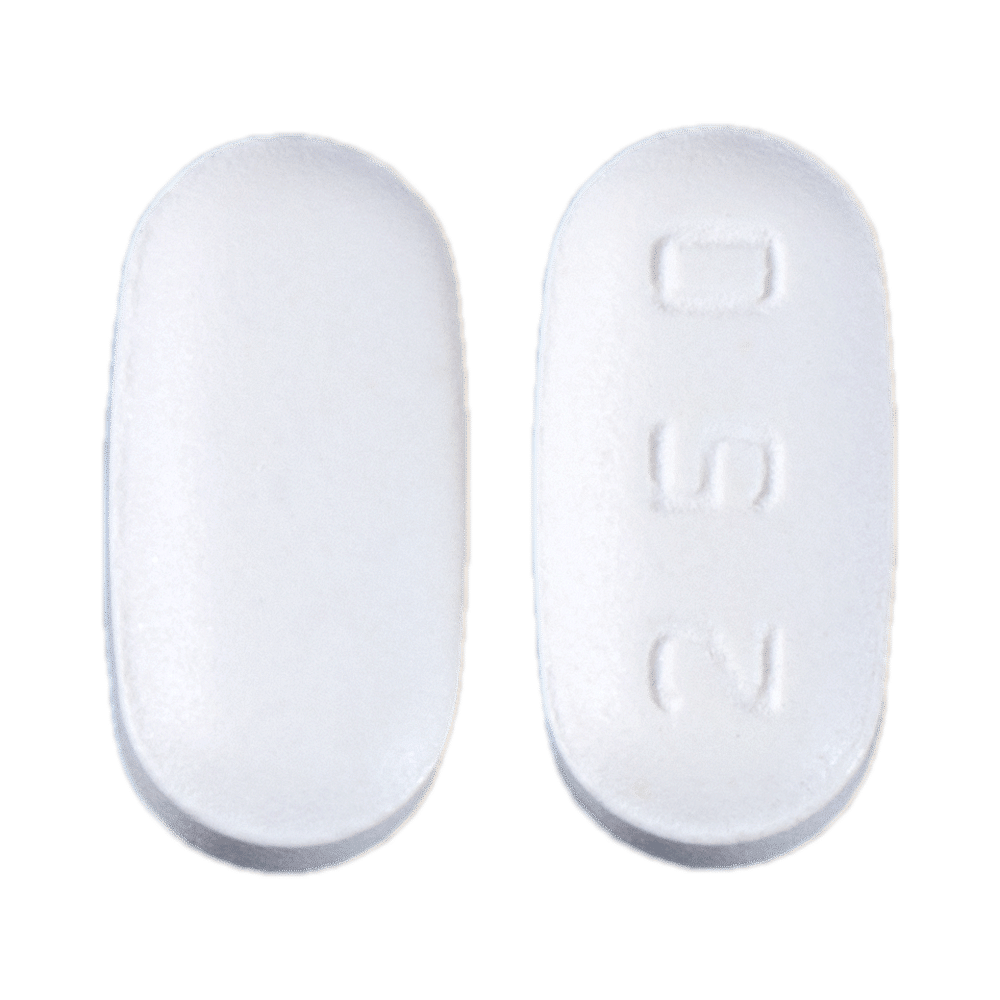
Pulmocef-250 Tablet

Micsef 250mg Tablet

Ceroxitum 250 mg Tablet

Smaftif 250mg Tablet

Tycef 250mg Tablet

Maccef 250 Tablet
Frequently asked questions
How long does Cotil 250mg Tablet take to work?
The time for Cotil 250mg Tablet to demonstrate effect varies depending on the specific infection and individual patient response. While it may begin working immediately after administration, complete symptom reduction usually occurs within 48 to 72 hours of starting treatment.
How long should you take Cotil 250mg Tablet?
Cotil 250mg Tablet therapy duration depends on the specific type of infection. Treatment usually lasts for 7 days, but it may be extended from 5 to 10 days based on individual patient response and the nature of the infection. Consult your healthcare provider before starting any medication to receive personalized treatment recommendations.
Can Cotil 250mg Tablet be taken on an empty stomach?
No, Cotil 250mg Tablet should not be taken on an empty stomach. It should be consumed twice daily after a meal to optimize absorption and improve effectiveness in treating the infection.
Can Cotil 250mg Tablet treat UTI?
Yes, Cotil 250mg Tablet is effective for uncomplicated urinary tract infections (UTIs). It should only be prescribed by a doctor for 7 to 10 days based on the severity of the infection. Self-medication is not recommended, and appropriate treatment should be guided by a healthcare professional.


